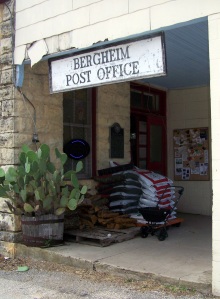(This months’ installment of the current work in progress: Isobel and her maid, Jane, have arrived at the Becker ranch, near Comfort, in the Hill Country of Texas. But Jane fell ill with malaria, and could not go with Isobel and Dolph to establish a new RB ranch in the Panhandle region, which with the end of the Indian Wars, is now open to ambitious and hardworking cattlemen. What will Jane do? Sam Becker has a plan…)
The dreams tormented Jane, although in her moments of waking she could not remember what it was that terrified her so, other than an oppressive sense of being watched and pursued by her stepfather down the endless halls and staircases of Acton. She dreamed also of Lady Caroline dancing in the ballroom; her person and her gown curiously transformed into glass and shattering into a thousand animated pieces on the hard floor, while Jane herself attempted to sweep up every particle, chasing the moving pieces of Lady Caroline with a broom and dustpan, and Auntie Lydia looked down at her from an enormous height and scolded her, saying, “Oh, dear – that will never do, child. You must try harder if you want to advance in service.” At other times, she dreamed that she was buried in snow, shivering so violently that she thought her own bones would break with the force of it – and then she was hot, and so thirsty … but the water often tasted so bitter that she thought it must be poison and wanted to spit it out, but someone made her to drink it.
At the end of that interminable period of torment and fever, the nightmares dissolved, like the ice melting at the end of winter. One early morning, Jane opened her eyes and looked up at the ceiling over her head, in a room that she didn’t recognize. Not the servant’s quarters at Acton Hall, or her parent’s tiny village house house … or any of the various small rooms she had slept in since her ladyship married. The last coherent memory she had was of her lady, and Mr. Becker and their party leaving San Antonio. Ah, she thought. This must be their house in the hills … but how long have I been here? Where was her ladyship? Surely, they would not have gone on without me? How would her ladyship manage without me? Suddenly apprehensive, Jane levered herself to sit up, pushing the bedcovers from her. Her head spun, and she held still until it steadied. She swung her feet to the floor, and sat for a moment on the edge of the bedstead to catch her breath. There was her own little trunk at the foot of the bed, her carpetbag sitting on top of it. Someone had thought to hang two or three of her dresses from the pegs in a little niche beside the tall window which served as a wardrobe, so that the wrinkles would not be so marked. And she was even wearing her own nightgown.
More »


Recent Comments